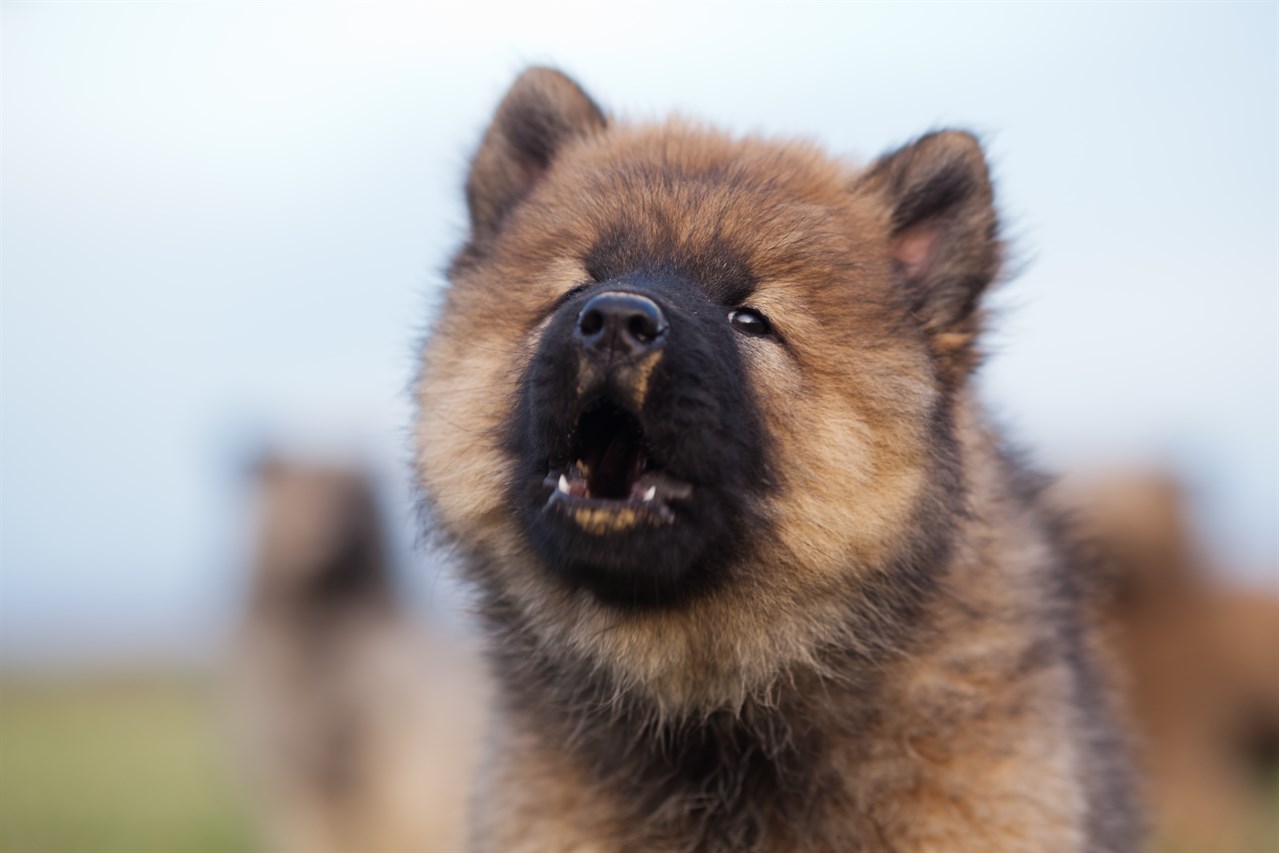Common Health Issues of Eurasiers

Eurasiers are generally a healthy breed with a relatively low incidence of genetic health problems. However, like all breeds, they may be susceptible to certain health issues. It's essential for Eurasier owners to be aware of these potential concerns and work closely with their veterinarians to maintain their dogs' well-being.
Hip Dysplasia
Hip dysplasia is a common orthopedic issue in many dog breeds, including Eurasiers. It's a hereditary condition where the hip joint doesn't develop properly, leading to arthritis and mobility problems.
Elbow Dysplasia
Elbow dysplasia is another orthopedic condition that Eurasiers may face. It can cause lameness and pain in the front legs due to improper development of the elbow joint.
Patellar Luxation
This condition involves the kneecap (patella) slipping out of its normal position, causing discomfort and limping.
Hypothyroidism
Eurasiers can be prone to hypothyroidism, a condition where the thyroid gland doesn't produce enough hormones. This can lead to weight gain, lethargy, and skin issues.
Bloat (Gastric Torsion)
While not exclusive to Eurasiers, this condition is a concern in larger, deep-chested breeds. Bloat is a sudden and life-threatening condition in which the stomach fills with gas and twists on itself.
Eye Problems
Eurasiers may be susceptible to eye issues such as cataracts and progressive retinal atrophy (PRA), which can lead to vision problems or blindness.
Allergies
Some Eurasiers may develop skin allergies or food allergies, resulting in skin irritations, itching, and discomfort.
Are Eurasiers Hypoallergenic?
No, Eurasiers are not considered hypoallergenic. Hypoallergenic breeds are those that produce fewer allergenic proteins, and their hair and dander are less likely to trigger allergies in susceptible individuals. Eurasiers, like most other dogs, shed dander, which can potentially trigger allergies in people who are allergic to dogs.
If you have allergies but are interested in bringing a Eurasier into your home, it's essential to spend time with the breed to see if you have any allergic reactions. Regular grooming and cleaning practices can also help reduce allergen exposure. Additionally, consult with an allergist to explore potential allergy management options if you decide to get a Eurasier as a pet.